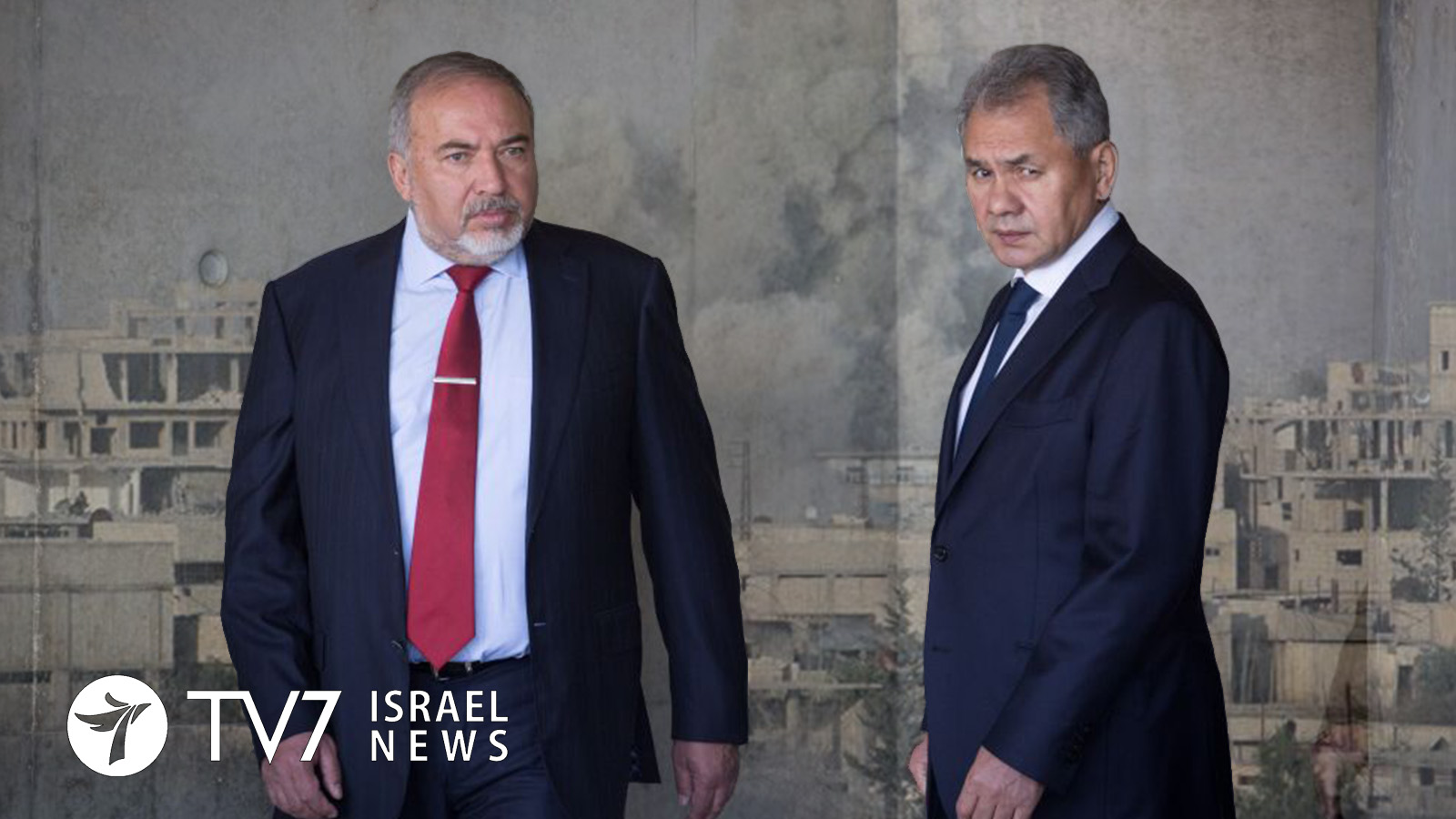Israeli Defense Minister Avigdor Lieberman traveled to Moscow last night, at the invitation of his Russian counterpart Sergei Shoygu, heading a top-level security delegation, that includes among others, Israel’s Director of Military Intelligence Major General Tamir Heiman and Director of the Political-Security Bureau in the Defense Ministry Zohar Palti. Upon leaving Ben Gurion International airport, the top Israeli Defense official wrote on his Twitter account that “The security establishment’s principal focus was and remains preventing the entrenchment of Iran and its proxies in Syria.” According to a report published by the Russian newspaper Kommersant ‘Israeli and Russian officers will coordinate the details of the Syrian military operation to retake control of the Syrian side of the Golan border, from the area of Quneitra in the north, to Dara’a in the south. According to that report, the joint Russian-Israeli military committee will begin its work today in the course of Defense Minister Avigdor Lieberman’s visit to Moscow. According to sources in Moscow Russian Defense Minister Sergei Shoigu personally invited Lieberman last Friday to visit so as to discuss the military repercussions of restoring the Syrian regime’s sovereignty along the Golan Heights border with Israel. The sources said that the Russians would present the Israeli military officials accompanying the Israeli Defense Minister with the Russian army’s plans, with the goal of learning from the Israelis which parameters Israel would be prepared to accept. Among other understandings reached between Moscow and Jerusalem, Iran and its proxies would be kept away from the Syrian-Russia military activity near the Golan border and would not play any role in recapturing the territory. Furthermore, Israel has demanded that non-Syrian units in the Syrian army—such as the brigade of pro-Iranian volunteers in the Syrian army’s Fifth Division—not be deployed near the Golan. Israel has also demanded that UN troops be redeployed along the border and that the terms of the disengagement and armistice that were reached in 1974 be restored. Moscow, on its part, demands of Israel that Russian military experts, who are working with the Syrians, would not be affected in the event of a situation in which Israel finds itself harmed by the Syrian army’s deployment and decides to operate to prevent it.
